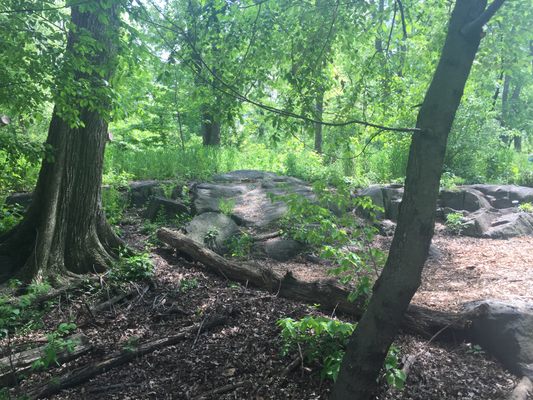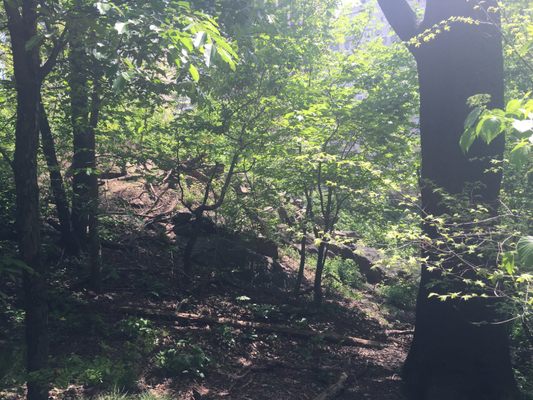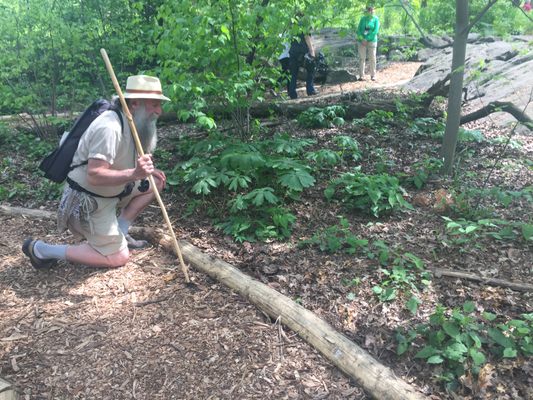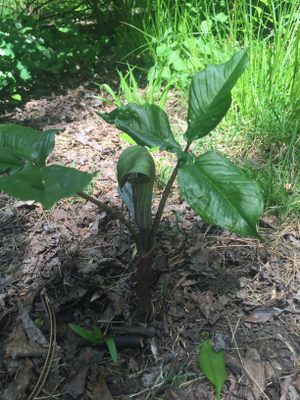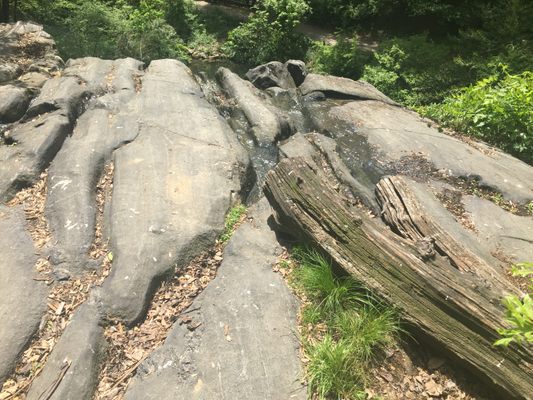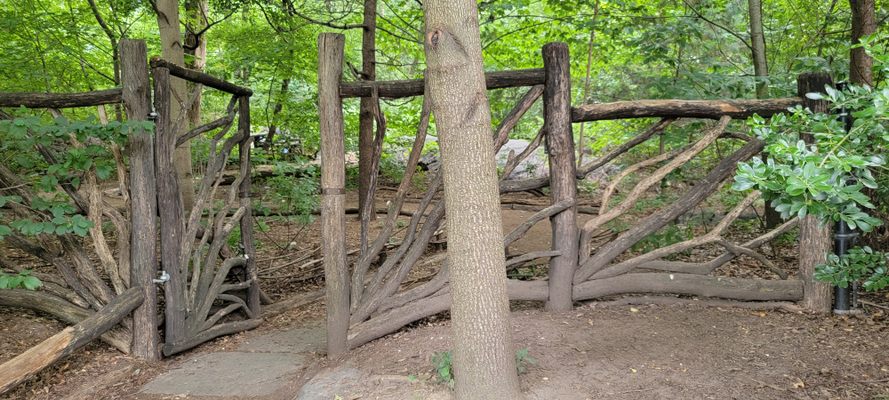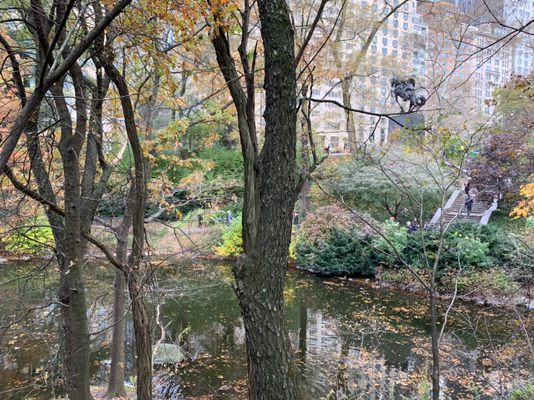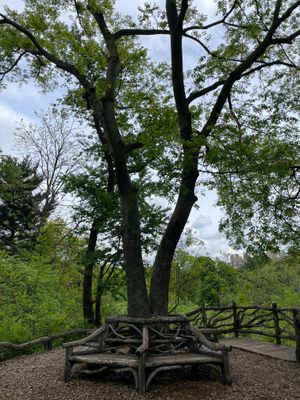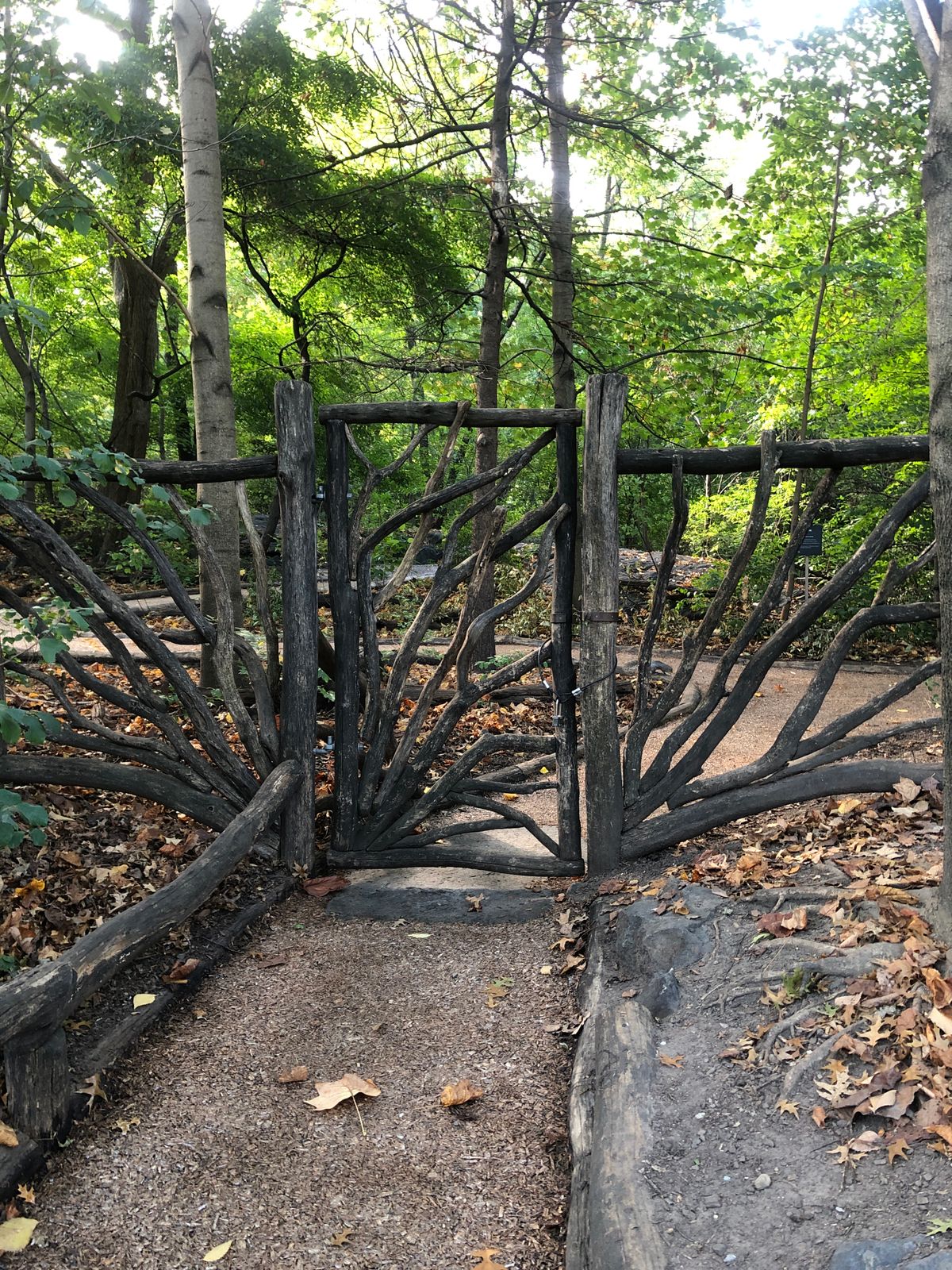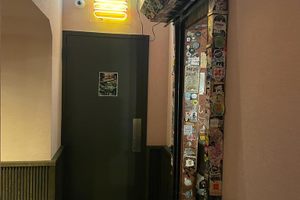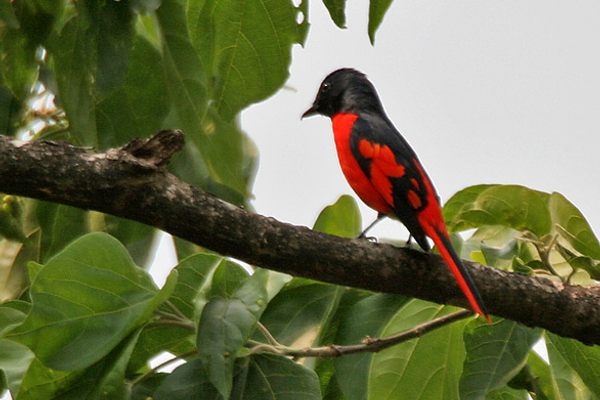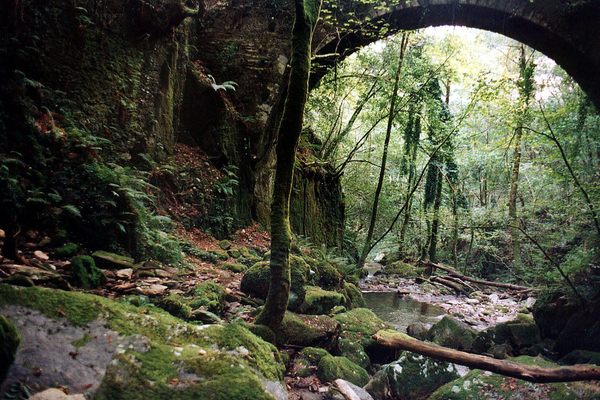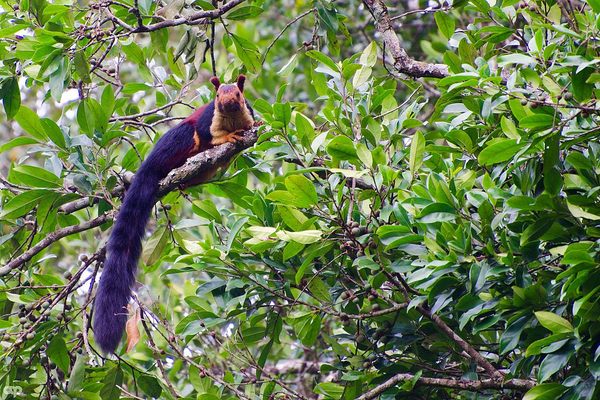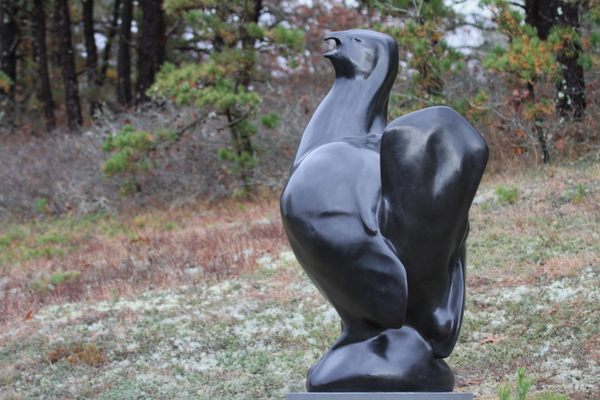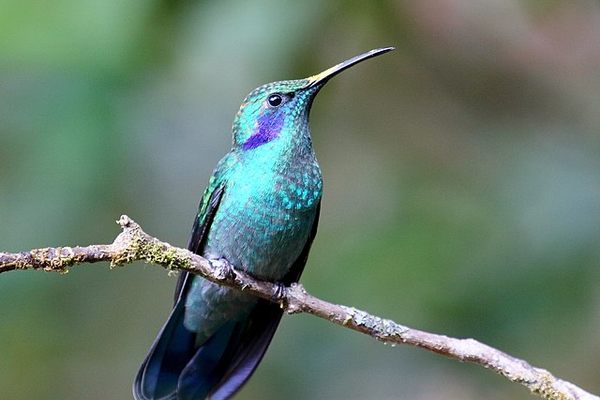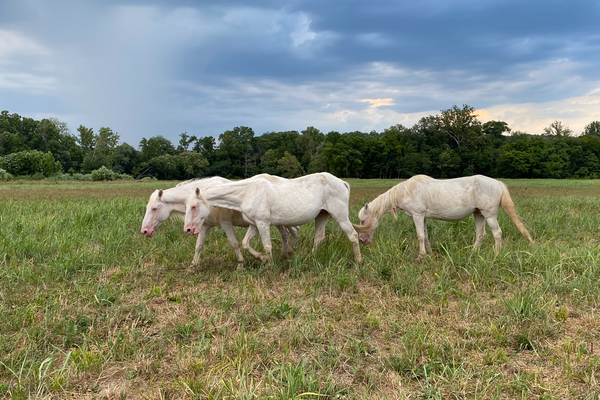About
Between Cop Cot and The Pond in the southeastern corner of New York's Central Park is a four-acre area that, until recently, had been closed to the public since 1934.
Originally called The Promontory by park designers Frederick Law Olmsted and Calvert Vaux, it was left mostly wild as the areas around it were molded and sculpted into their urban pastoral vision. The Promontory was closed off in 1934 by Robert Moses (then Parks Commissioner, among other things), who designated it as a bird sanctuary meant to be undisturbed, unmaintained, and untouched. It was subsequently renamed The Hallett Nature Sanctuary in 1986, after nature lover and Citizens Union executive George Harvey Hallett Jr.
In 2001, as part of the Central Park Conservancy’s Woodland’s Initiative, work began to restore the Sanctuary to something visitors could enjoy once more. Invasive plant species, like wisteria and Japanese knotgrass, were switched out for native ones, like Dutchman’s breeches and shooting stars, and what had been overgrown was very carefully tamed. Over the years, access has occasionally been granted to school groups, but starting in 2016, the Sanctuary began scheduling regular visitors' hours for the first time.
There may be a line to get through the beautiful new wooden gate, but it is worth the wait. Once in, there are guides posted around who will answer questions (to answer one that apparently gets asked a lot, the water at the top of the waterfall that issues into The Pond from the Hallett Sanctuary is piped up there). There is a woodchip path that visitors are asked to stay on as they explore the Sanctuary, and the path is lined with beautiful flowers, including azaleas, columbines, and adorable little Jack-in-the-Pulpits, as well as bushes and trees, all accompanied by identification placards. Looking past the groomed area along the path, the woods still bear hallmarks of their decades of wilderness, with massive roots of old fallen trees peppering the landscape.
The Sanctuary sits on a giant boulder of Manhattan schist; at the highest point, there is an overlook providing views of the buildings of Central Park East, as well as The Pond itself and the large rock formations on the other side, sprinkled with climbers. This area also has benches where one can sit and listen to the birds. The benches were donated by Sima Ghadamian, a rare gems dealer, who was moved to create such a quiet, reflective space after the death of a friend. A “sanctuary within the sanctuary,” The New York Times calls it. If that sounds peaceful, it accurately represents the experience of wandering through the Hallett Nature Sanctuary.
Related Tags
Know Before You Go
Enter Central Park at the intersection of 59th Street and 6th Avenue and head north, away from the pond. There may be a line to get in. Open hours listed on official website.
Community Contributors
Added By
Published
May 18, 2016
Sources
- http://www.nytimes.com/2016/05/11/nyregion/a-secret-section-of-central-park-reopens.html?smid=fb-nytimes&smtyp=cur&_r=1
- http://www.cbsnews.com/news/central-park-reopens-secret-hallet-nature-sanctuary-after-nearly-100-years/
- http://untappedcities.com/2014/05/07/inside-one-of-central-parks-best-kept-secrets-the-off-limits-hallett-nature-sanctuary/
- http://www.atlasobscura.com/articles/a-secret-wild-pocket-of-central-park-reopens
- https://www.youtube.com/watch?v=Y2bFhiuGVqw
- https://en.wikipedia.org/wiki/The_Pond_and_Hallett_Nature_Sanctuary
